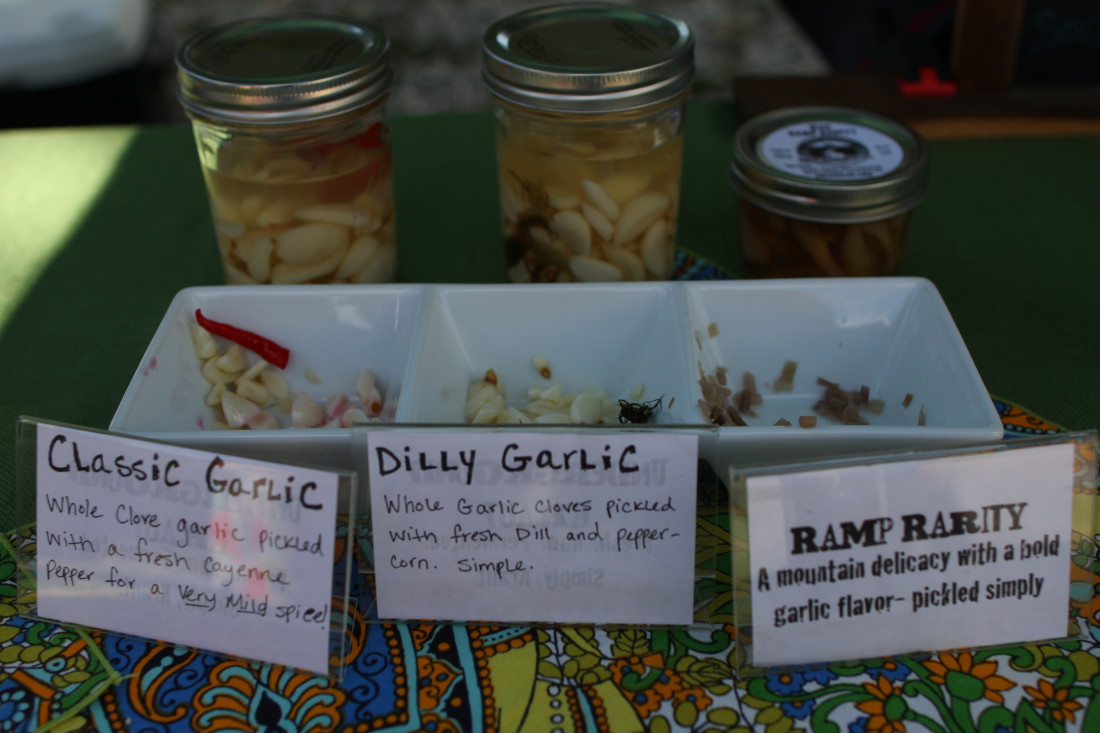Fall isn’t just a season of harvest. For many Western North Carolina gardeners, planting garlic and shallots is as much an autumn ritual as gathering pumpkins or picking apples — and one that carries the promise of pungent spring and summer crops.
In WNC, September through October is the ideal time to get members of the allium family — which includes garlic, chives, bunching onions and shallots — into their soil beds to root down for the winter. These plants, explains Sow True Seed staff member and WNC Garlic Fest organizer Chris Smith, “are fall-planted bulbs that will overwinter then grow and bulb up fully in the spring.”
While it may be tempting to plant garlic and shallots sourced from the produce aisle of a local supermarket, starting with good-quality seed bulbs is imperative, says Smith, to avoid “introducing nasty, soil-borne diseases into your garden.” Purchasing certified seed stock is one route, but Smith also endorses the option of buying from a local farmers market.
“Have a conversation with the farmer and say, ‘Is your soil healthy? Have you had any problems with any garlic diseases?'” he says. “Make sure you’re buying something that’s good quality.”
Garlic growers also have to decide between planting hard-neck and soft-neck varieties. One major difference is that hard-neck garlic is the only type that produces spring scapes, edible flower stalks that are coveted by chefs and home cooks for a fresh, garlicky tang that shines in everything from pesto to hummus.
Other considerations are that hard-necks tend to be more cold-hardy and have a more intense flavor, but soft-necks, which are the type sold in supermarkets, generally store for longer. “In Western North Carolina, we’re in this real lucky spot where, in our experience, both types grow pretty much equally well,” says Smith, who recommends planting some of each. “That’s a good way to go because you can find out what works for you, your palate and your garden.”
He adds that alliums like their beds to be in full sun. And tucking the individual seed garlic cloves and whole seed shallots into high-quality, well-composted soil will benefit them as they spend the winter quietly building their root systems, resulting in larger bulbs at summer harvest.




Before you comment
The comments section is here to provide a platform for civil dialogue on the issues we face together as a local community. Xpress is committed to offering this platform for all voices, but when the tone of the discussion gets nasty or strays off topic, we believe many people choose not to participate. Xpress editors are determined to moderate comments to ensure a constructive interchange is maintained. All comments judged not to be in keeping with the spirit of civil discourse will be removed and repeat violators will be banned. See here for our terms of service. Thank you for being part of this effort to promote respectful discussion.